1. Can people at high risk of thyroid toxicity be injected with iodinated contrast agents?
Patients with hyperthyroidism and hypothyroidism need to be closely monitored the changes in thyroid function after receiving an iodinated contrast agents in the body, and be given necessary drug interventions to avoid the risk of thyroid crisis.
Recommendations for the use of iodinated contrast agents in people at high risk of thyroid toxicity:
For patients with obvious hyperthyroidism, nonionic iodinated contrast should not be given;
If it is suspected that the patient is at risk of hyperthyroidism, testing for thyroid-stimulating hormone (TSH) may be helpful;
For high-risk patients, preventive treatment can be given by an endocrinologist;
High-risk patients should be closely monitored by an endocrinologist after injecting iodinated radiocontrast dye;
High-risk patients should not be given intravenous biliary contrast agents.
2. Can dialysis patients be injected with iodinated contrast agents?
All iodinated contrast agents can be removed by blood or peritoneal dialysis, but there is no evidence showing that hemodialysis can protect patients with impaired renal function from PC-AKI or NSF. All patients should avoid permeation and fluid overload to reduce the impact on new additions.
3. Can patients with pheochromocytoma be injected with iodinated contrast agents?
So far, there is no evidence showing that intravenous contrast media products will increase the risk of hypertensive crisis in patients with pheochromocytoma, so no special preparation is required before intravenous iodine contrast agent is used;
Before iodinated contrast agent is used in arteries, it is recommended to give oral α and β adrenergic blockers under the supervision of the referring doctor. Under such conditions, nonionic iodinated contrast is recommended.
4. Can pregnant and breastfeeding patients be injected with iodinated contrast agents?
All iodinated Contrast ACgents may enter the fetus through the blood-placental barrier. Therefore, pregnant and patients of preparations for pregnant should use iodinated contrast agents with caution. For breastfeeding patients with iodinated contrast agents, only a small amount of iodinated contrast agent is excreted through breast milk and ingested by the baby.
5. Can pediatric patients be injected with iodinated contrast agents?
The dosage of iodinated contrast agent must be adjusted according to the age and weight of the child; when using serum creatinine and other indicators, the normal value corresponding to the specific age must be used; it is recommended to use the revised Schwartz formula to calculate eGFR;
Nonionic iodinated contrast should be used;
Read the instructions of the relevant contrast agent carefully before use. Not all contrast agents are approved for use in children.
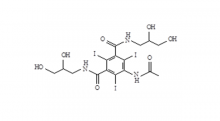 Iohexol Intermediate 5-Amino-N,N'-bis(2,3-dihydroxypropyl)-2,4,6-triiodo-1,3-benzenedicarboxamide
Iohexol Intermediate 5-Amino-N,N'-bis(2,3-dihydroxypropyl)-2,4,6-triiodo-1,3-benzenedicarboxamide
 Iohexol/Ioversol Intermediate 5-Amino-N, N'-bis(2,3-dihydroxypropyl)-2,4,6-triiodo-1,3-benzenedicarboxamide
Iohexol/Ioversol Intermediate 5-Amino-N, N'-bis(2,3-dihydroxypropyl)-2,4,6-triiodo-1,3-benzenedicarboxamide
 Ioversol Intermediate (order based) N, N'-Bis(2,3-dihydroxypropyl)-5-(glycoloylamino)-2,4,6-triiodoisophthalamide
Ioversol Intermediate (order based) N, N'-Bis(2,3-dihydroxypropyl)-5-(glycoloylamino)-2,4,6-triiodoisophthalamide
 Iopamidol Intermediate (order based) 5-Amino-2,4,6-triiodoisophthalic acid
Iopamidol Intermediate (order based) 5-Amino-2,4,6-triiodoisophthalic acid
 Iopamidol Intermediate (order based) 5-Amino-2,4,6- triiodisophthaloyl acid dichloride
Iopamidol Intermediate (order based) 5-Amino-2,4,6- triiodisophthaloyl acid dichloride
 Diethylenetriaminepentaacetic acid (DTPA)
Diethylenetriaminepentaacetic acid (DTPA)

 EN
EN
 jp
jp  fr
fr  de
de  es
es  ru
ru  ar
ar 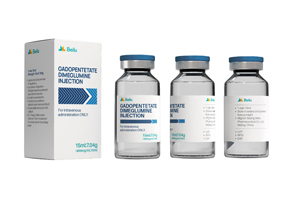
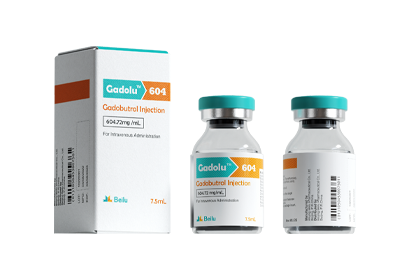
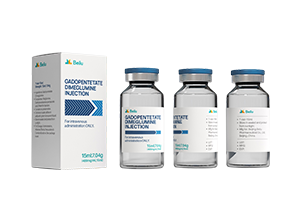
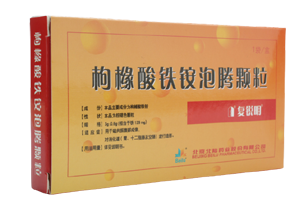
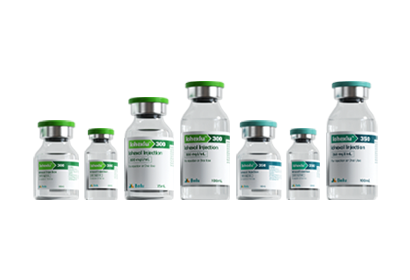
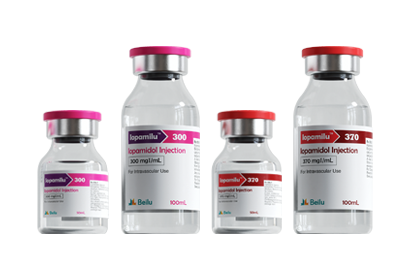
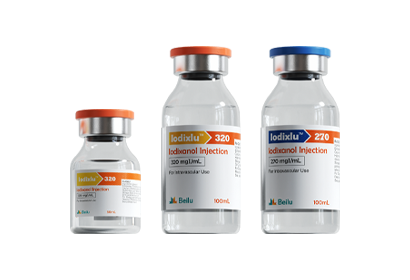










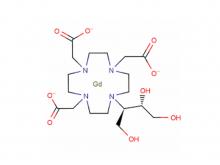


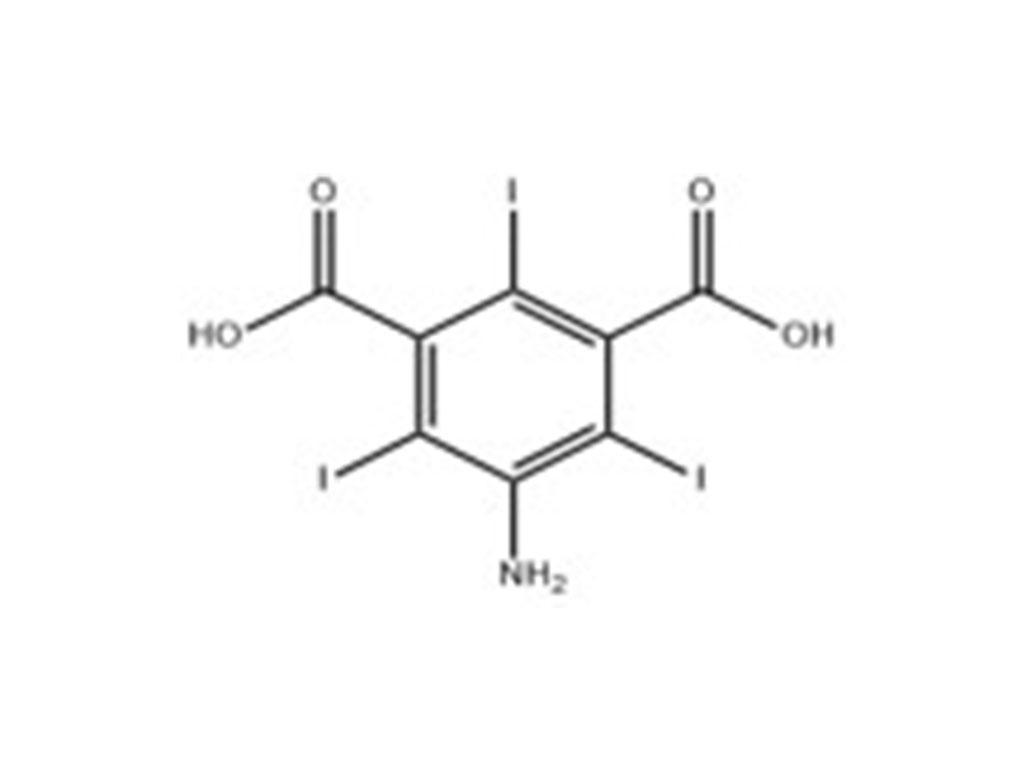
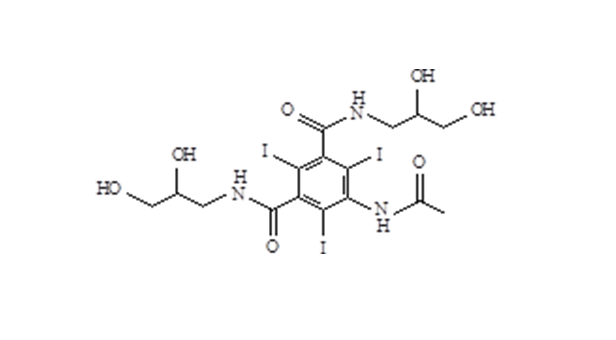







 Call us on:
Call us on:  Email Us:
Email Us:  No.3 Shuiyuan West Road, Miyun District, Beijing, China
No.3 Shuiyuan West Road, Miyun District, Beijing, China 